
Stalin In Color (2014)
Genre : Documentary, History
Runtime : 54M
Director : Serge de Sampigny, Yvan Demeulandre, Mathieu Schwartz
Synopsis
March 9th, 1953, 5 million people attend Stalin’s funeral. A revolutionary lacking in both charisma and stature, Stalin came to power almost by chance, and his 30-year reign saw him become the most Machiavellian and bloodthirsty of dictators. The man who insisted on being called “The Father of the People” massacred his own countrymen, and was responsible for the death of some 20 million people. Soon forgetting his former ideological stance, he mercilessly crushed anyone who opposed him, in both word and deed. His camps for reform through hard labor – known as “gulags” – turned 18 million Russians into slaves. He not only murdered his opponents but his best friends too, and even sometimes members of his own family. His cruelty knew no bounds. Through colorized archive material rich in previously unseen footage, and many accounts from the period including some from Stalin himself, this documentary tells the story of a man who turned a dream into a nightmare.

After a fictitious marriage with a Russian emigrant, Cellisten Louka, a Czech man, must suddenly take responsibility for her son. However, it’s not long before the communication barrier is broken between the two new family members.
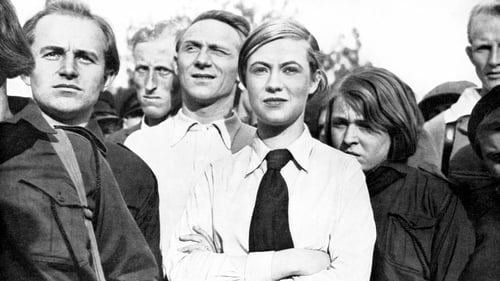
Kuhle Wampe takes place in early-1930s Berlin. The film begins with a montage of newspaper headlines describing steadily-rising unemployment figures. This is followed by scenes of a young man looking for work in the city and the family discussing the unpaid back rent. The young man, brother of the protagonist Anni, removes his wristwatch and throws himself from a window out of despair. Shortly thereafter his family is evicted from their apartment. Now homeless, the family moves into a garden colony of sorts with the name “Kuhle Wampe.”

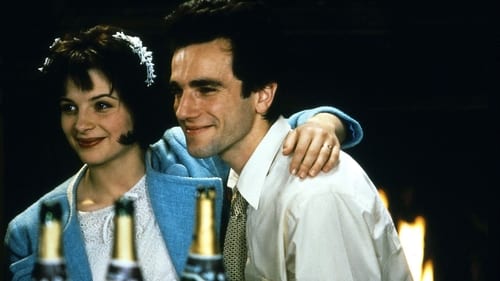
Successful surgeon Tomas leaves Prague for an operation, meets a young photographer named Tereza, and brings her back with him. Tereza is surprised to learn that Tomas is already having an affair with the bohemian Sabina, but when the Soviet invasion occurs, all three flee to Switzerland. Sabina begins an affair, Tom continues womanizing, and Tereza, disgusted, returns to Czechoslovakia. Realizing his mistake, Tomas decides to chase after her.
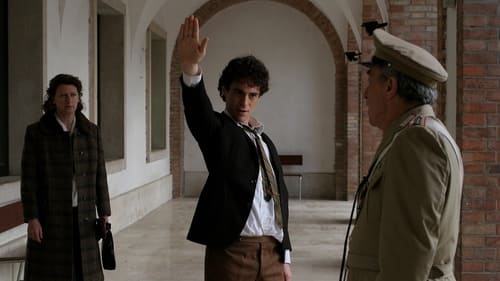
Accio and Manrico are two working-class brothers in 1960s Italy: older Manrico is handsome, charismatic, womanizing, and loved by all, while younger Accio is moody, hotheaded, and lives everything as if it was a war, much to his parents' chagrin. When the former is drawn into left-wing politics, Accio joins the fascists out of spite. His flimsy beliefs are put to test when he meets Manrico's like-minded girlfriend, falling in love with her.
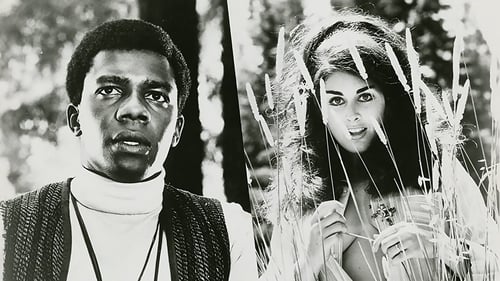
Vixen lives in a Canadian mountain resort with her naive pilot husband. While he's away flying in tourists, she gets it on with practically everybody including a husband and his wife, and even her biker brother. She is openly racist, and she makes it clear that she won't do the wild thing with her brother's biker friend, who is black.

After the war, in Bucharest, a young Romanian poet arrested for having written an article denouncing Stalinist crimes, will save his life by accepting to become a hostage of the regime.
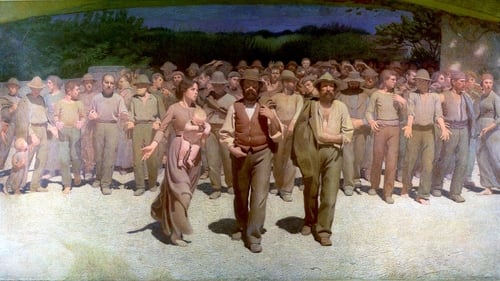
The epic tale of a class struggle in twentieth century Italy, as seen through the eyes of two childhood friends on opposing sides.

Filmed on the 60th anniversary of the republic, this dark-humor documentary delves on the highs and lows of living in North Korea.

Girls in my Hometown, released in 1991, is a melodrama dealing with individualism and sacrifice. A young girl has a friend who has just come back from abroad, bringing with her foreign fashions and foreign ideas. When the solider to whom the friend was engaged becomes blinded in an accident, she decides to put herself first, neglecting her duties to her fiancé and the community she lives in.

The life of a female weaver is thrown onto the socio-political canvas of pre-war and post-war communist Poland through the use of expressive allegorical and symbolic imagery in this imaginative take on the documentary form.

Scenes from holiday life at Lake Balaton in Hungary during the communism.

A research-based essay film, but also a very personal perspective on the history of socialist Yugoslavia, its dramatic end, and its recent transformation into a few democratic nation states.

The impact of Marx on the 20th century has been all-pervasive and world-wide. This program looks at the man, at the roots of his philosophy, at the causes and explanations of his philosophical development, and at its most direct outcome: the failed Soviet Union.
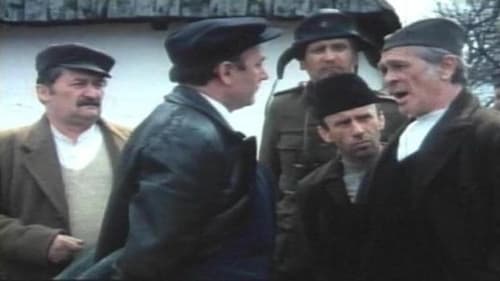
Tragicomic story about Communist activist who wants to bring the benefits of Communism to the inhabitants of a Serbian village after WW2.

An ex-seminarian slash communist runs a hotel in Baguio. He then meets a handsome upcoming lawyer. A once-a-year trip to Baguio by the lawyer and conversations with the hotel owner develop into an affair which encompasses decades of socio-political changes in the country.

A joint fight of Macedonian and Greek people against the fascist monarchical government of Greece ended with their defeat in 1949, after many years of bloodshed. Many members of the democratic party DAG, as well as the innocent inhabitants experienced the destiny of political exile.
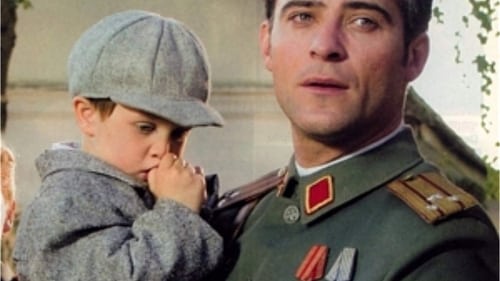
"Long Dark Night" follows the life of the fictional character Iva Kolar: his experiences as a Croatian University student, his role as a Partisan fighting Hitler's troops during W.W. II, his involvement in his nation's post-war government, and his eventual downfall.
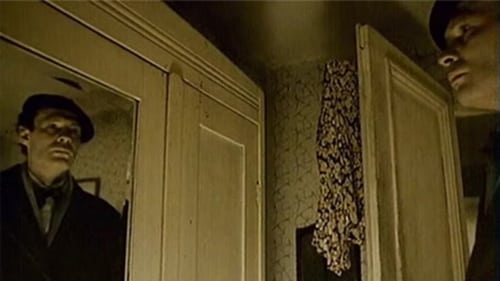
Mihajlo, an introvert piano teacher starts romance with a pretty careerist who teaches modeling at the university in Belgrade where they both work. His feelings are awakened after a long period, but this relationship makes him see the flashbacks, as well as yet unseen images that remind him of his troubled childhood - as if he experienced this already. When their university wins a contest to hold public TV performance, Mihailo fails to play the piano on the decisive night and she dumps him. The boiling point is about to come.

Idealistic young man supports the party and the new Yugoslavia's communist regime, but soon gets involved in various political and criminal machinations becoming more and more confused about what's right and what's wrong.


















